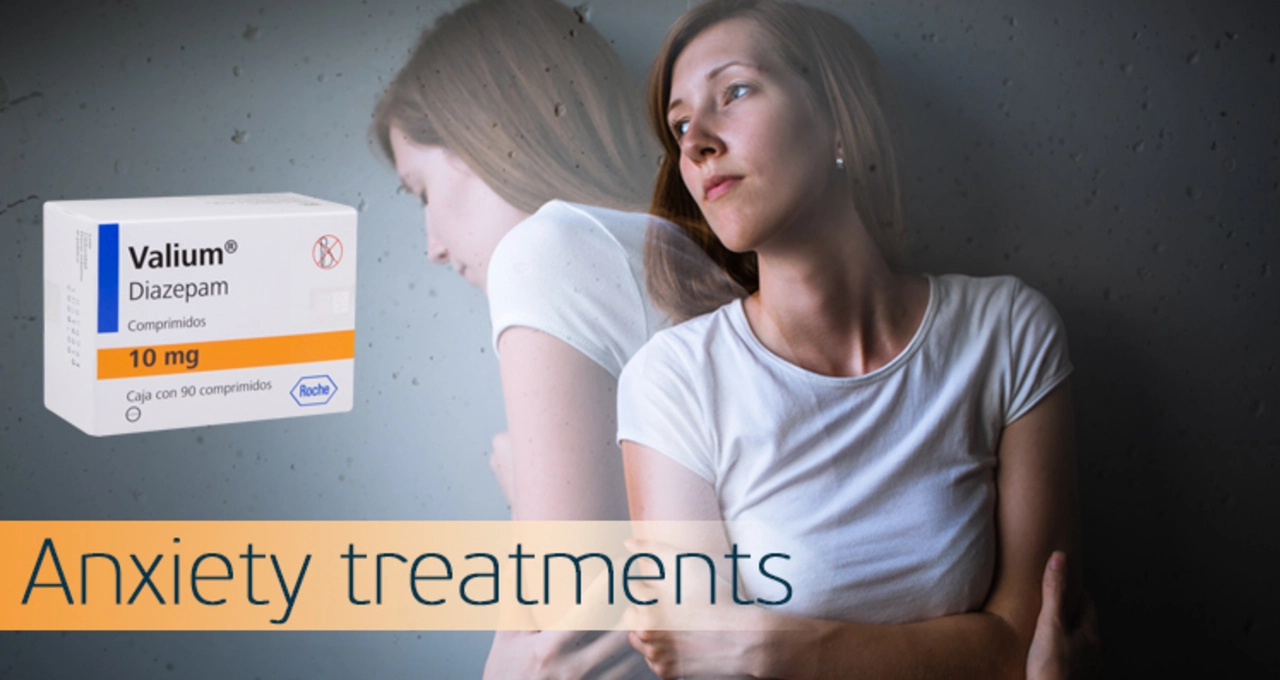Mental Health: Practical guides, treatments, and everyday support
About 1 in 5 adults in the U.S. faces a mental health challenge each year. That’s a lot of people looking for straightforward help, not jargon. This category collects easy-to-understand guides, honest medication breakdowns, and real tips you can use today. You’ll find posts on anxiety, depression, therapy options, and medication reviews — like our piece "Can Primidone Help with Anxiety?" where we look at what evidence exists and what to watch for.
Quick help for common problems
Feeling anxious or low doesn’t always mean you need a prescription right away. Try these simple steps first: keep a regular sleep schedule, move your body for 20–30 minutes a day, and cut back on alcohol and caffeine if they worsen symptoms. If stress spikes, try a 4-4-4 breathing pattern (breathe in 4 seconds, hold 4, out 4) to calm your nervous system. Reach out to a friend or a support group — talking helps more than scrolling.
If moods or panic attacks interfere with work, relationships, or sleeping for more than a few weeks, get a professional opinion. A therapist can teach tools like cognitive behavioral therapy (CBT) that change unhelpful thinking. A primary care doctor can screen for medical causes and discuss treatment options, including medication if needed.
Medications, what to expect, and how we cover them
Medications can be lifesaving, but they come with trade-offs. We explain how common drug classes work (SSRIs, SNRIs, benzodiazepines, anticonvulsants used off-label) and what side effects to watch for. For example, Primidone is an anticonvulsant mainly prescribed for seizures and essential tremor. A few clinicians have reported anxious patients feeling calmer on Primidone, but rigorous trials for anxiety are limited. That means it’s not a standard anxiety drug and should only be considered under close medical supervision.
Common side effects of medications like Primidone include drowsiness, dizziness, and balance issues — things that matter if you drive or operate machinery. We also cover rare but serious risks and which lab tests or follow-ups your doctor might order. Our posts aim to give practical questions to ask your clinician: What are the expected benefits? How long before I see change? What side effects should prompt a call or stopping the drug?
Browse our posts for clear, actionable info on specific drugs, therapy types, and everyday self-care. If something feels urgent — thoughts of harming yourself or others — contact emergency services or a crisis line right away. For ongoing concerns, start with a primary care visit or a licensed therapist. We keep the language simple so you can make informed choices and ask the right questions at appointments.
Want updates? Check back for new posts, like detailed medication reviews and practical how-tos, or use the site search to find topics fast. Your mental health matters, and small, consistent steps often make the biggest difference.
Lithium Carbonate Generics: What You Need to Know About Serum Levels
Lithium carbonate generics require careful serum level monitoring due to narrow therapeutic windows. Differences in absorption between brands can cause toxicity or relapse. Learn how to safely manage lithium therapy with regular blood tests and awareness of formulation changes.
Art Therapy for PTSD: How It Helps and What to Expect
Discover how art therapy reduces PTSD symptoms, the science behind it, practical steps, and tips for finding the right program.
Helping Your Partner Cope with Depressive Disorder - Practical Guide
Learn practical steps to support a partner with depressive disorder, from recognizing signs to communication, therapy options, daily coping tools, and crisis care.
Can Primidone Help with Anxiety? A Closer Look
In today's blog post, we're taking a closer look at Primidone and its potential to help with anxiety. Primidone is an anticonvulsant medication primarily used to treat epileptic seizures, but some studies suggest it might also have some benefits for anxiety sufferers. However, the evidence is still limited and not completely conclusive. As always, it's important to consult with a medical professional before trying any new treatment. Stay tuned for more updates and insights on this topic in the future!



